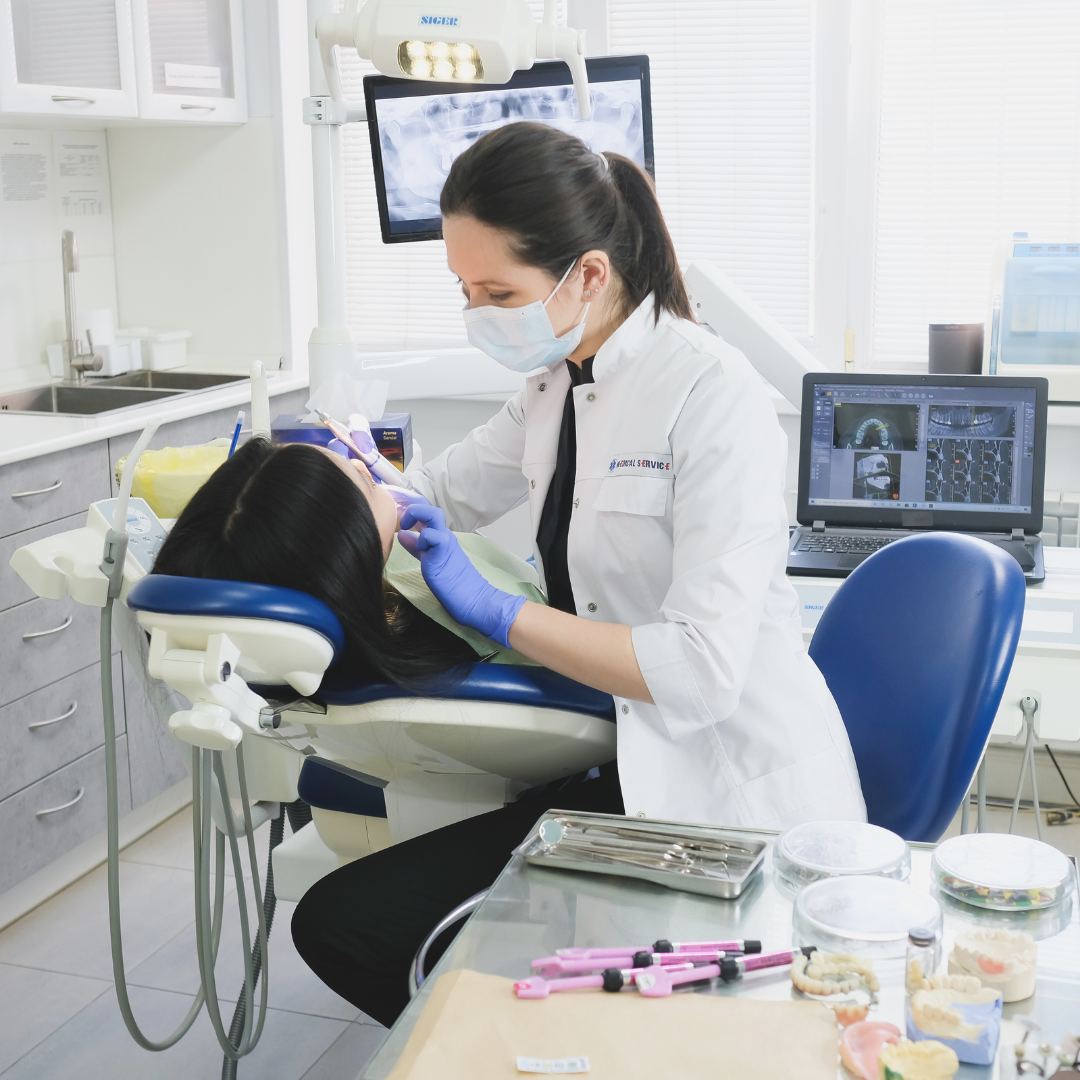
15 Jul Getting Dental Care Covered After a Cancer Diagnosis: What You Need to Know
July 15, 2025 ~ Cancer treatment can affect your entire body—including your teeth, gums, and jaw. Whether you're facing dry mouth, tooth loss, jawbone problems, or other dental issues from chemotherapy, radiation, or surgery, getting the care you need is essential. But many people are surprised to learn that dental care isn’t always covered by insurance—even when it’s clearly connected to cancer treatment.
This blog explains when dental care may be covered by health insurance, including recent changes to Medicare rules, and where to turn for help.
Why Cancer Treatment Can Lead to Dental Problems
Cancer treatments like chemotherapy, radiation to the head or neck, and bone marrow transplants can cause:
- Dry mouth or thick saliva
- Tooth decay or gum disease
- Mouth sores or infections
- Jaw stiffness or bone loss
- Difficulty chewing or swallowing
Dental care is not just about comfort—these problems can interfere with eating, talking, doing your job, and even ongoing treatment. In some cases, dental clearance is even required before you begin certain therapies.
Does Health Insurance Usually Cover Dental Care?
Most private health insurance plans and Medicare do not cover routine dental services, like cleanings, fillings, or dentures.
However, some medical plans will cover dental services if they are considered “medically necessary”—meaning they are needed to treat or prevent complications from a medical condition like cancer.
Examples of when dental care might be covered:
- To prepare for cancer treatment: such as pulling infected teeth before a bone marrow transplant.
- To treat a complication from cancer treatment: such as surgery to fix jawbone damage caused by radiation.
- As part of a covered medical procedure: such as dental work done during hospitalization.
You may need your medical provider to document the medical necessity of the dental care. Your insurance plan might also require prior authorization. Prior authorization is when your insurance plan requires you to get their permission before you get care, or they will not pay for that care.
If your insurance plan denies coverage for your dental care, you can appeal that decision.
New Medicare Rules for Medically Necessary Dental Care
In 2023 and 2024, Medicare expanded coverage of certain dental services when they are closely tied to a covered medical condition.
Under the new rules, Medicare may cover:
- Dental exams before organ transplants, heart valve replacements, or cancer treatments like jaw radiation or stem cell transplants
- Tooth extractions or other dental work needed to safely perform the above treatments
- Reconstruction of jawbone after surgery for a tumor
- Hospital-based dental procedures if you have a serious health condition
Learn more: Medicare’s Coverage of Dental Services
Keep in mind: routine dental care is still not covered by Medicare. But if your dentist and doctor agree that dental work is essential to your cancer treatment, ask them to help document the medical necessity.
What If You Have a Medicare Advantage Plan?
If you’re enrolled in a Medicare Advantage (Part C) plan, it may offer additional dental benefits beyond Original Medicare. These can include:
- Routine dental care
- Dentures or implants
- Cleanings and x-rays
Coverage varies widely between plans, so review your plan’s Summary of Benefits or call the plan directly.
What About Medicaid?
Medicaid coverage for dental services depends on the state you live in. All states cover some emergency dental care, but routine or medically necessary dental services may only be covered in certain states for adults.
Contact your state’s Medicaid program to learn if dental care is covered by Medicaid in your state.
Tips for Getting Dental Care Covered
- Ask your medical team to document how the dental care is related to your cancer treatment.
- Check with your insurance plan about medical necessity coverage and prior authorization requirements.
- Appeal any denials—many people are approved after an appeal, especially with strong documentation.
- Explore other assistance options if coverage is denied (see below).
What If Insurance Won’t Cover It?
If your insurance doesn’t cover the dental care you need, consider:
- Dental schools: These often offer lower-cost care.
- Dental Lifeline Network: Provides donated dental care for people with serious health conditions. dentallifeline.org
- Local nonprofits or cancer centers: May offer referrals or financial assistance programs.
- HealthWell Foundation or CancerCare: May help with out-of-pocket medical costs in some cases.
You’re Not Alone—We’re Here to Help
Navigating insurance and getting the dental care you need during cancer treatment can be overwhelming. You don’t have to do it alone. Triage Cancer offers free resources and one-on-one help to guide you through your options.
Explore our Health Insurance Resources
About Triage Cancer
Triage Cancer is a national, nonprofit providing free education to people diagnosed with cancer, caregivers, and health care professionals on cancer-related legal and practical issues. Through events, materials, and resources, Triage Cancer is dedicated to helping people move beyond diagnosis.
We're glad you find this resource helpful! Please feel free to share it with your communities or to post a link on your organization's website. However, this content may not be reproduced, in whole or in part, without the express permission of Triage Cancer. Please email us at info@TriageCancer.org to request permission. © 2025 Triage Cancer


